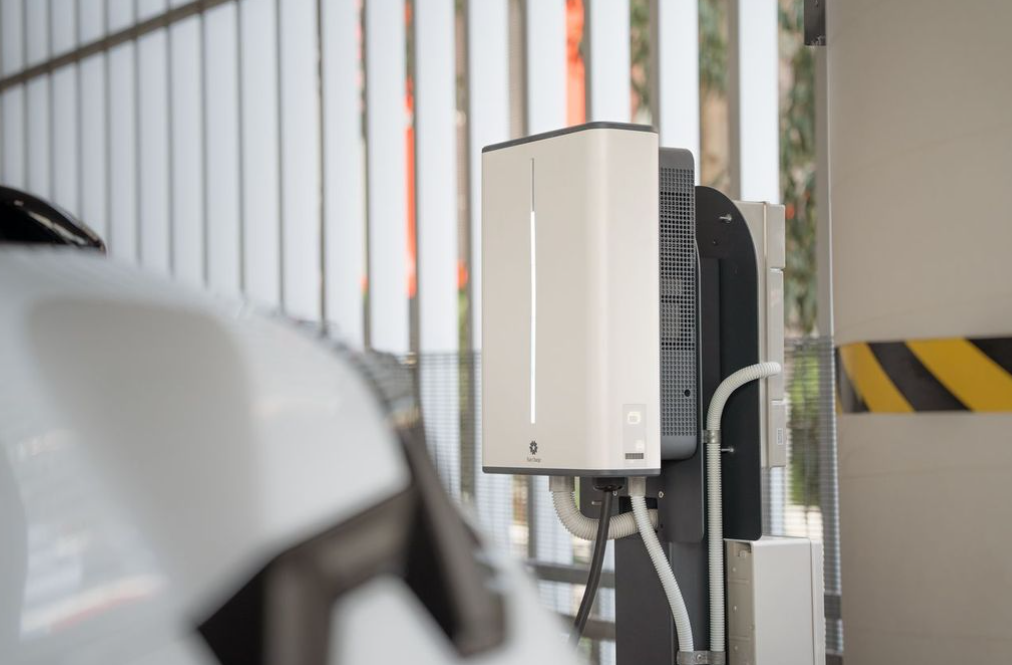From pv magazine 08/2021
Whether module prices move up or down this year essentially depends on the development of the international market. If a fourth wave of Covid-19 can be stopped or slowed in time, then the market should be in quite good shape on both the supply and demand sides. If the Delta variant of the virus is not contained, however, there will be further bottlenecks in Asian production facilities and in the rest of the supply chain, which could make the future development of the market difficult to predict.
This is a tough time for both the industry and our world at large. We do not yet know when regular supply chain and transport systems will return, or if they will return in the shape we knew them before. With so much uncertainty in the world, there can be little possibility for certainty about module prices.
After all, this is a time when three billionaires, Richard Branson, Jeff Bezos and Elon Musk, are tussling it out in a civil space race where the sky is apparently no longer the limit.
On the heels of Virgin Galactic founder Branson, Amazon CEO Bezos also had himself launched into orbit last month, just to show that he can do it too. Only time will tell how the ambitions of Tesla and Space-X CEO Musk, the third in the group, will shape up in this regard. Apparently, a mission for a circumnavigation of the Earth with four space tourists is already planned for September, but without Musk himself being on the passenger list. His actual vision goes well beyond the megalomania of his competitors – he wants to colonise Mars.
To me this immediately raises the question: What is the point? Do we not have much bigger problems at the moment than which super-rich person will be the first in space, or who will be the youngest or oldest space tourist? Surely we should be able to smoothly trade amongst ourselves before embarking on outer space discovery?
After the first year of the pandemic in 2020, the natural world had just begun to recover from overflowing air traffic caused by growing, far too cheap, international tourism and business-related short air hops. But here too, a race within the airline industry has begun to catch up with former flight volumes and frequency. Ryanair is in the process of ordering 100 or more large aircraft from Boeing. Apparently, the low-cost airline wants to fill the gaps in the industry left by the insolvencies and consolidation of other airlines as quickly as possible by expanding its own operations. I see this development as even more alarming than the space plans of the three billionaires – for the time being, at least.
Nevertheless, the idea of taking well-paying private individuals into space by using huge amounts of fuel and accepting the emission of tons of CO2 lacks, in my opinion, any rational basis. “Astrotourism” in its current form is simply ruthlessly destructive of resources, and as far as I know, the gain in knowledge for more important missions is minimal.
The images of the expensive space hoppers shown on TV – that is all they are at the moment – are particularly hard to stomach in light of the climate-change-related environmental catastrophes of the recent past.
While billionaires congratulate or mock each other for their supposed successes, less egregiously well-off people in many parts of the world are struggling to survive, to trade, and some are even losing all their belongings in devastating fires or major floods. The flood victims in Belgium, the Netherlands, and Germany likely wish that such vast sums of money, presumably untaxed, would not be squandered on fulfilling the adolescent dreams of the super-rich, but instead used to help them get back on their feet. At the very least, however, these vast sums could be invested in climate impact mitigation and climate protection instead of climate destruction.
Musk’s goal of colonising Mars seems particularly cynical to me. What is the attraction of banishing people irretrievably to a highly hostile environment in which survival is possible only with extreme hardship and the constant threat of death? The way to this goal also leads along a road of particularly resource-devouring tests with thousands of setbacks. Every rocket launch puts a huge burden on the earth’s environment.
Now, I’m not an evolutionary biologist, but human life is tailored precisely to today’s environmental conditions through thousands of years of evolution. So why exchange optimal living conditions for completely different ones which the human organism must first adapt again for millennia? With this in mind: The sky is the limit, period!
About the author
Martin Schachinger has been active in renewable energy for more than 20 years. In 2004, he founded the online trading platform pvXchange.com, where wholesalers, installers, and service companies can purchase standard components, solar modules, and inverters that are no longer manufactured, but are still urgently needed to repair defective PV systems.
This content is protected by copyright and may not be reused. If you want to cooperate with us and would like to reuse some of our content, please contact: editors@pv-magazine.com.








By submitting this form you agree to pv magazine using your data for the purposes of publishing your comment.
Your personal data will only be disclosed or otherwise transmitted to third parties for the purposes of spam filtering or if this is necessary for technical maintenance of the website. Any other transfer to third parties will not take place unless this is justified on the basis of applicable data protection regulations or if pv magazine is legally obliged to do so.
You may revoke this consent at any time with effect for the future, in which case your personal data will be deleted immediately. Otherwise, your data will be deleted if pv magazine has processed your request or the purpose of data storage is fulfilled.
Further information on data privacy can be found in our Data Protection Policy.